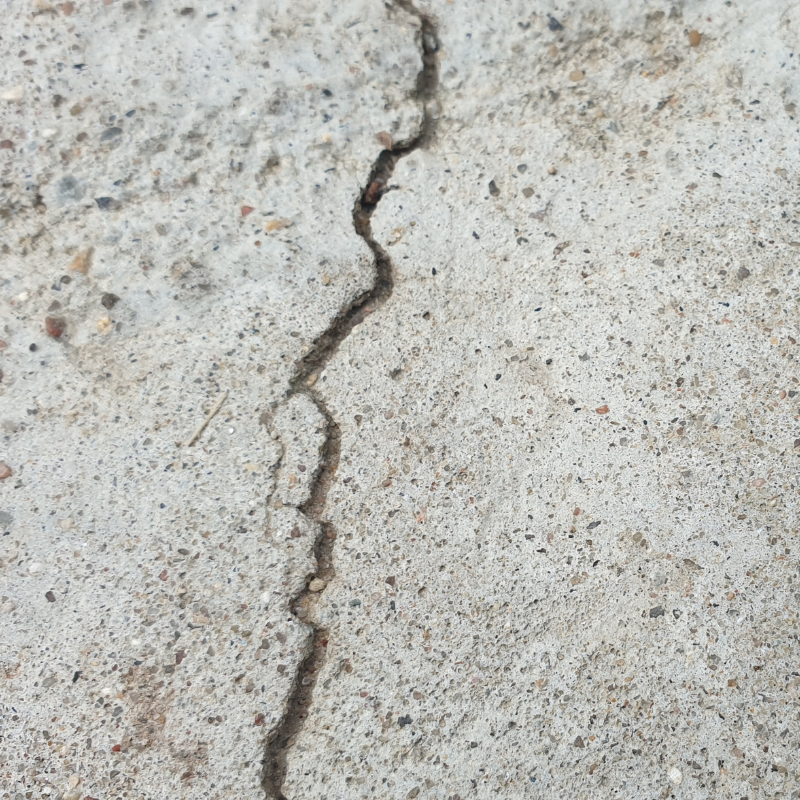Common Causes of a Slab Leak
A concrete slab foundation is a cost-effective way to provide a house with a robust base.
A concrete slab foundation is a cost-effective way to provide a house with a robust base. However, with a slab also comes the possibility of slab leaks, which indicate damage to the home’s plumbing system.
Although a headache, slab leaks are signs of other underlying problems in the house that are expensive to repair. If there is a hot spot on a floor or visible water leaking from underneath the slab, there is a good chance that damage has occurred to the plumbing system.
Here are some of the most common causes of slab leaks.
Low plumbing system quality
One of the possible slab leak causes is a weak, old, or poor-quality piping system. Builders used copper and galvanized steel pipes in older homes to create the plumbing system. These materials can corrode, often leading to slab leaks. Another possibility is that the water pipes are made of low-quality materials, which might cause them to break down faster than higher-quality pipes and allow leaks.
Faulty installation
Improperly installed water pipes can also cause slab leaks. Should the pipes be bent or dented during installation is a leak risk. Thus, hiring experienced and reliable plumbers to install and repair plumbing is crucial.
Soil shifting
The soil settling or shifting under a home can put too much pressure on the slab or the water pipes, leading to damage. Soil erosion, underground streams, or earthquakes can cause this soil movement. Even slight shifting against the pipes causes friction and wears them down over time.
There aren’t many ways to prevent these causes. But fortunately, earth shifting or settling happens slowly and gradually, so there’s enough time to contact a professional when the warning signs are spotted.
Abrasion
Even without the soil around the water pipes shifting, pipes can move on their own depending on the temperature of the water flowing through them. Hot water makes the soil heat up, while cold water leads to it shrinking.
In addition, gravel, concrete, and other pipes can come in contact with the water pipes, putting them at risk of wearing down and developing punctures.
Chemical reactions
Copper water pipes readily react with other soil components, which can cause their decomposition. That is usually due to the minerals that activate the electrolysis process.
Microorganisms in the water flowing through the pipes can also trigger adverse chemical reactions. Moreover, water is full of dissolved oxygen that turns into rust on galvanized steel pipes, causing them to clog.
Poor water quality
Poor water quality and composition aren’t just major health concerns. They’re also another potential reason for slab leaks. Overly alkaline or overly acidic water might enhance rust formation on water pipes and lead to improper functioning.
Bluish or greenish stains in sinks, drains, and bathtubs, or the smell of chlorine, are signs of low pH levels. Noticing any of these signs requires immediate plumber intervention.
Knowing the cause leads to a solution
Basement flooding, a high water bill, and damp spots on carpets and floors can all be signs of slab leaks. Knowing the possible causes, however, makes the plumber’s job easier, leading to faster repairs and preventing further damage.

